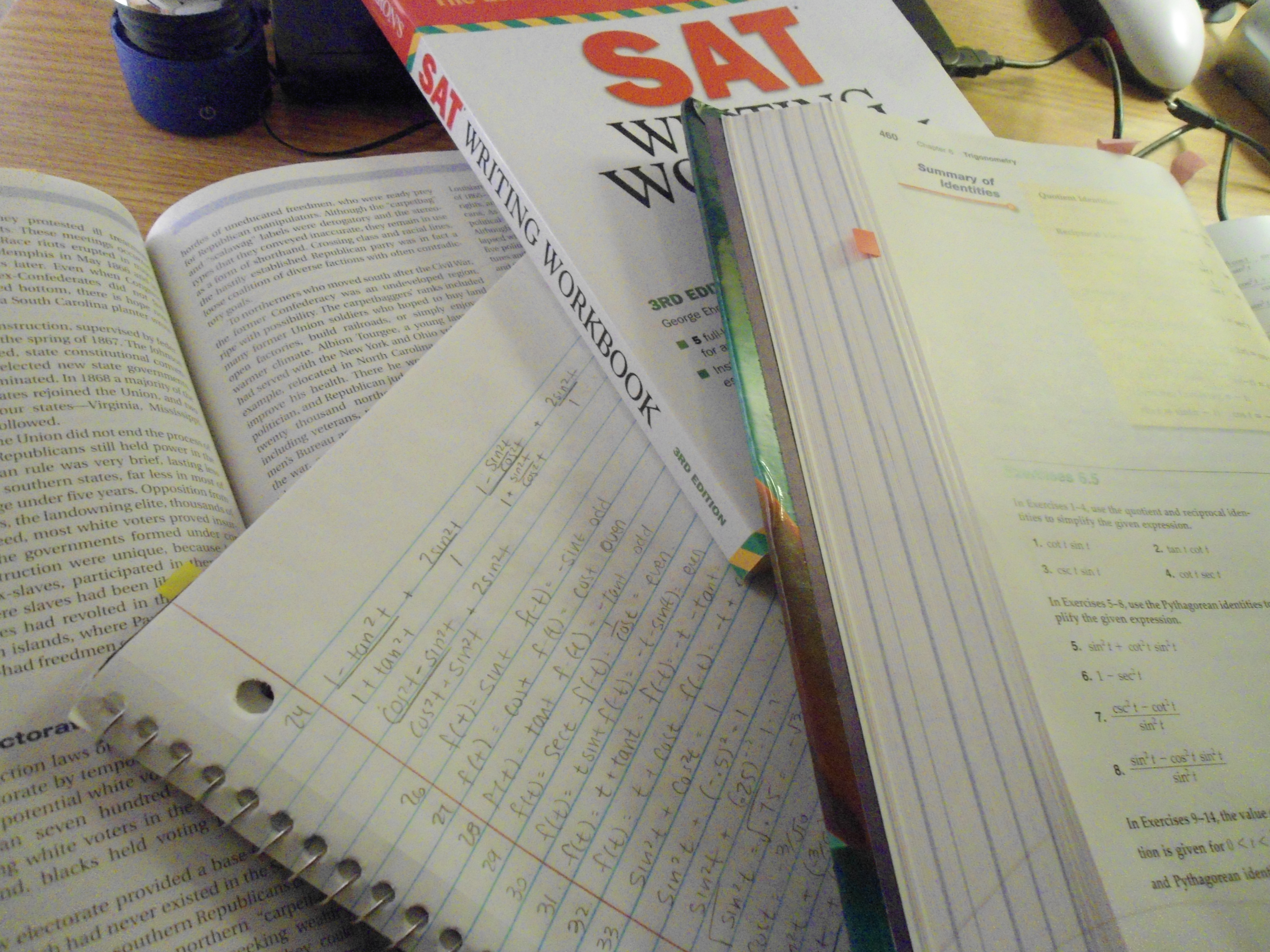Homework’s effect on students

Bluedevilhub.com Staff–
Students are receiving hours of homework each day at Davis High and it may not all be necessary, say those who have studied the issue.
According to a study conducted by Auckland University Professor of Education John Hattie, there are a myriad of factors that influence a student’s success in a class and homework ranks 88th out of all those factors. This raises the question of whether quantity of homework assigned needs to be changed to have a bigger impact on students’ success.
“The amount of homework that is assigned is irrelevant unless it becomes detrimental to the student’s learning. The main thing is the quality of homework,” Davis Joint Unified School District Homework Policy Review Committee co-chair Heidy Kellison said.
In 2009, Kellison and her committee comprised of parents, teachers and administrators spent 12 months reviewing the existing district homework policy to see if changes were needed. Eighty-five percent of students in the district were surveyed, and the concluding consensus was that a change in policy was needed.
The current policy, which does not apply to Advanced Placement and Honors courses, states there can be 20 minutes of homework assigned in each class each day with the exception of math and English classes. These classes can have 30 minutes. In addition, no homework can be given over the weekend and no summer work can be required.
Some students feel that their teachers follow the homework policy very well.
“I have about two hours of homework per day, but it can vary,” sophomore Bhavna Kodira said.
In addition, some students feel as if the homework policy helps them have less homework.
“I don’t have homework on the weekends because of the homework policy, so that really helps me have a break and prepare for the next week,” sophomore Ethan Hessl said.
If teachers are not giving homework on the weekends, then that only means the homework that they do assign has to that much more relevant and enriching.
“The question that we need to ask teachers and students is if the homework that they are giving is good quality and will help their students learn more,” Kellison said.
Kellison states that there are four types of homework: completion (which is done if not completed in class), preparation, practice and enrichment.
“Busywork just for the sake of homework can be negative in terms of how much students learn,” Kellison said.
Sophomore Raymond Young agrees with Kellison’s statement.
“I think that some of my classes assign homework that really helps me learn more than I would without it, but some just give work just for the sake of work,” Young said.
The dilemma is that the quality of homework assigned fluctuates greatly from subject to subject or from teacher to teacher.
“I get more homework in English than in other classes by far,” Hessl said.
In many students’ opinions, they get better grades when they have more homework.
“More homework can help me get a better grade because it lets me be more thoroughly prepared,” sophomore Alexis Manzanilla said.
However, the issue is not so clear for many students.
“In classes like math, homework can be helpful, but I think in many cases less homework is better so I can use that time to study,” Hessl said.


